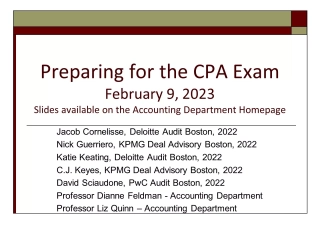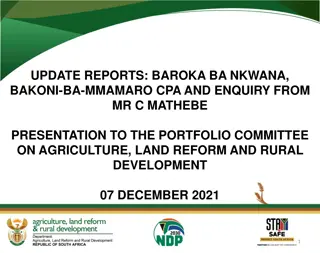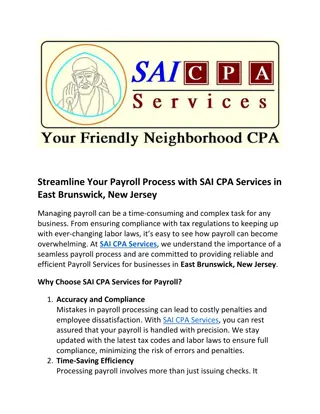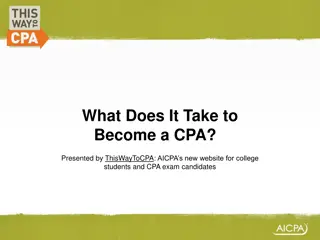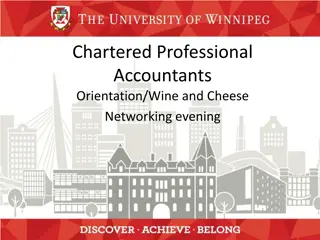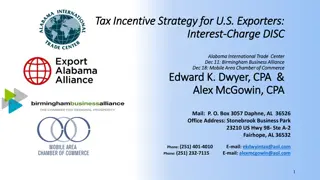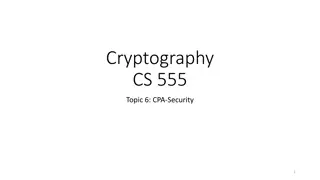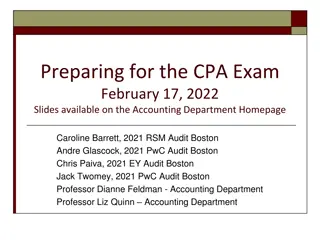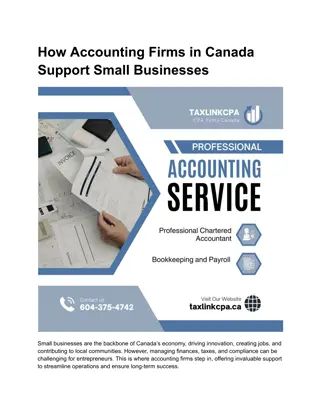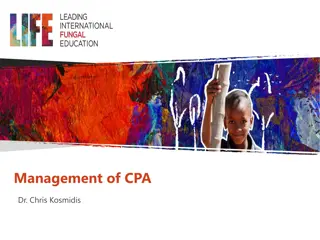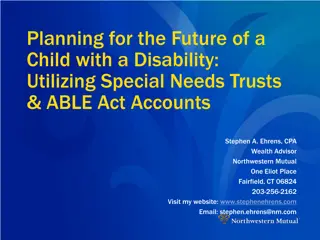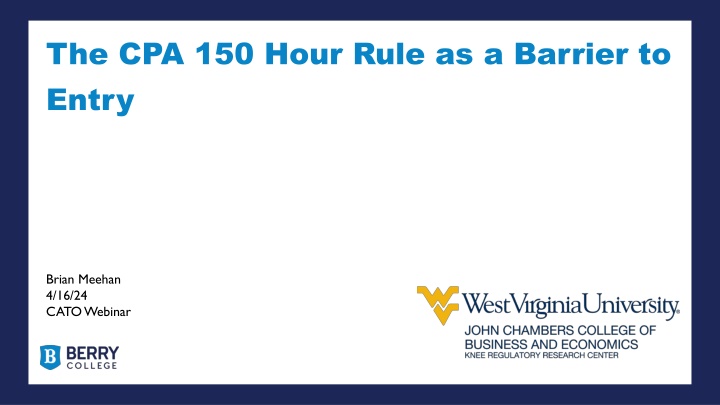
Impact of the CPA 150-Hour Rule on Entry into Accountancy Profession
Explore the effects of the CPA 150-hour rule on the entry of candidates into the accountancy profession. Studies show mixed impacts on the supply, quality, and diversity of CPA candidates, with recent licensing changes aiming to increase candidate numbers. Discover licensing alternatives and their implications in different professions.
Download Presentation

Please find below an Image/Link to download the presentation.
The content on the website is provided AS IS for your information and personal use only. It may not be sold, licensed, or shared on other websites without obtaining consent from the author. If you encounter any issues during the download, it is possible that the publisher has removed the file from their server.
You are allowed to download the files provided on this website for personal or commercial use, subject to the condition that they are used lawfully. All files are the property of their respective owners.
The content on the website is provided AS IS for your information and personal use only. It may not be sold, licensed, or shared on other websites without obtaining consent from the author.
E N D
Presentation Transcript
The CPA 150 Hour Rule as a Barrier to Entry Brian Meehan 4/16/24 CATO Webinar
The Move From 120 hours to 150 hours: Impact on CPA Supply and Quality Carpenter and Stephenson (2006) - States that adopted the 150-hour rule saw large decreases in the supply of first time CPA candidates sitting for the exam without any impact on passing rates. Barrios (2022) finds that adoption of the 150 rule leads to a 15% reduction in the number of first-time candidates taking the CPA exam. The extra year of education does not improve the average quality of CPA s as both testing performance and career trajectories are not different than under a 120-credit hour rule. Southerland et al. (2024) find that the adoption of the 150- hour rule has a disproportionately negative impact on the minority CPA candidates trying to enter the profession; this relative entry decline is a sizable 13% more than non- minority candidates.
Recent Licensing Liberalization Meehan and Stephenson (2020) find that recent moves to bifurcate the education requirement to 120 hours to sit for the CPA exam (while still having to get to 150 to get fully licensed), have increased the supply of first-time candidates without impacting pass rates. Suggesting that the extra 30 hours does not improve testing performance, consistent with prior result.
Licensing Alternatives Private Certifications - Auto mechanics are unlicensed yet require a lot of specific technical knowledge. ASE certification, for example, has provided a private signal of this quality without the blanket restrictions imposed by licensing. Computer programing and coding jobs. Java, Python, R, C++, EPIC, all have private certification programs. Economists do not have licensing and differ in their levels of Education. Federal Reserve Board has 500+ economists at different education levels, to help inform very important policy decisions. Amazon hires an army of economists at the Masters and PhD level.
References Barrios, John M. "Occupational licensing and accountant quality: Evidence from the 150 hour rule." Journal of Accounting Research 60, no. 1 (2022): 3-43. Carpenter, Charles G., and E. Frank Stephenson. "The 150-hour rule as a barrier to entering public accountancy." Journal of Labor Research 27, no. 1 (2006): 115- 126. Meehan, Brian & E. Frank Stephenson "Reducing a barrier to entry: The 120/150 CPA licensing rule." Journal of Labor Research 41 (2020): 382-402. Sutherland, Andrew G., Matthias Uckert, and Felix W. Vetter. "Occupational licensing and minority participation in professional labor markets." Journal of Accounting Research (2024).

